Lehigh receives $6M grant to turn research into reality

Lehigh receives $6M grant to turn research into reality
A $6 million grant awarded to Lehigh University is expected to help solve a common problem within universities: getting the scientific discoveries of its faculty, graduate students and postdoctoral researches out of the research stage.
The National Science Foundation has awarded Lehigh University the $6 million to increase the translation of scientific discoveries by faculty, graduate students and postdoctoral researchers into prototypes, products and programs that will benefit society.
“On the faculty side, we all say we want impact,” said Dominic Packer, associate vice provost for research at Lehigh and a member of the ART leadership team. “Some of the greatest impact is when you discover something new and it actually creates something that changes how doctors deliver medicine, or is a new invention that people put to use out in the field or is an intervention for kids in schools.”
But translating that research into usable products or services can be challenging, he said.
“Every university has this problem. It’s sometimes called the Valley of Death between work that happens on a campus and then actually gets into the world.” he said. “It’s in part because, as researchers, we don’t have those skill sets. We’re not business people. We’ve never thought entrepreneurially for the most part. …This is a program to really help elevate that.”
The NSF’s Directorate for Technology Innovation and Partnerships (founded in 2022) provided the four-year award to an interdisciplinary, university-wide team led by John Coulter, senior associate dean for research in the P.C. Rossin College of Engineering and Applied Science, as part of the new federal Accelerating Research Translation (ART) program.
The award will support Lehigh’s work to speed up and support its research activities in engineering, science, health, humanities, business, education and myriad other areas that have the potential to lead to products and services for the general good. Lehigh also will train graduate students and postdoctoral researchers in translational research.
“While it’s essential to make discoveries and do fundamental research, as a university we must also be effective in translating new knowledge to solve important problems in the world. This is how we enhance the impact of the research done by our faculty, staff and students,” said Lehigh Provost Nathan Urban. “We are excited that NSF has recognized and decided to support Lehigh’s efforts to take ideas and discoveries from the lab and develop them into practical solutions to societal and economic challenges.”
A portion of the funding will support seed translational research projects that are on the “cusp” of being applied to practical outcomes, and the rest will support education and training as well as other research translation enhancement activities.
“This is a high-priority initiative,” Coulter said. “Lehigh will create and operate a comprehensive, inclusive and accessible research translation ecosystem that will guide researchers and project teams along the paths of venture creation, research translation into existing industry, and societal impact.”
The investments are not just important to Lehigh, but to funding agencies as well, Coulter said. “This is a national and international trend to have research be more use-inspired, more connected to the end users … and more rapidly translated for positive societal impact. That’s what this is meant to do.”
Carnegie Mellon University will serve as a peer mentor institution, helping Lehigh leverage its existing strengths to grow its translational research work and transform its culture.
The first-ever awards address a long-standing gap between academic research and practical solutions for society’s complex problems.
The NSF award advances the goals outlined in Lehigh’s strategic plan, Inspiring the Future Makers. The 10-year plan outlines a bold vision for the university centered around breaking boundaries to address societal challenges, innovate in academics and research, and cultivate collaborations and partnerships to amplify Lehigh’s global, national and regional impact. The plan aims to allow Lehigh to find pragmatic solutions to the world’s problems through research and scholarship.
The work will build on Lehigh’s strengths and past successes, such as the innovative Pasteur Partners PhD (P3) Fellowship, a launchpad for advanced students who are focused on creating immediate impact in their fields through use-driven research.
In all, 18 academic institutions across the nation were awarded ART funding, which totaled more than $100 million.
Author: Stacy Wescoe
Publication: Lehigh Valley Business
Link: Lehigh receives $6M grant to turn research into reality - LVB
Get Updates
from LSPA
Stay up-to-date on the latest news and events from Life Sciences PA, insights from the life sciences industry, and so much more!

Life Sciences Pennsylvania was founded in 1989 by a biotech scientist at Penn State University. Today it has grown to represent the entire life sciences industry – biotechnology and diagnostic companies, medical device companies, pharmaceutical companies, investment organizations, research institutions, and myriad service industries that support the life sciences in Pennsylvania.